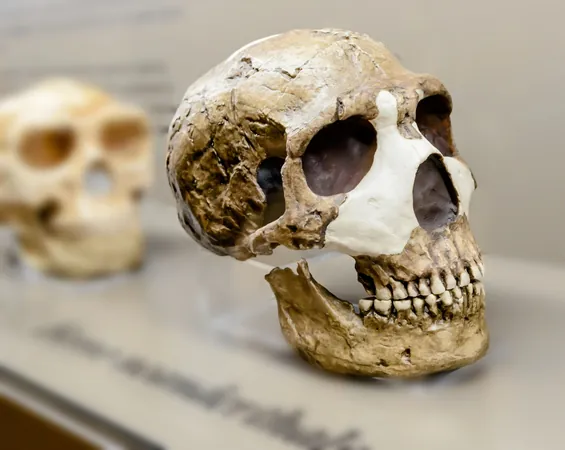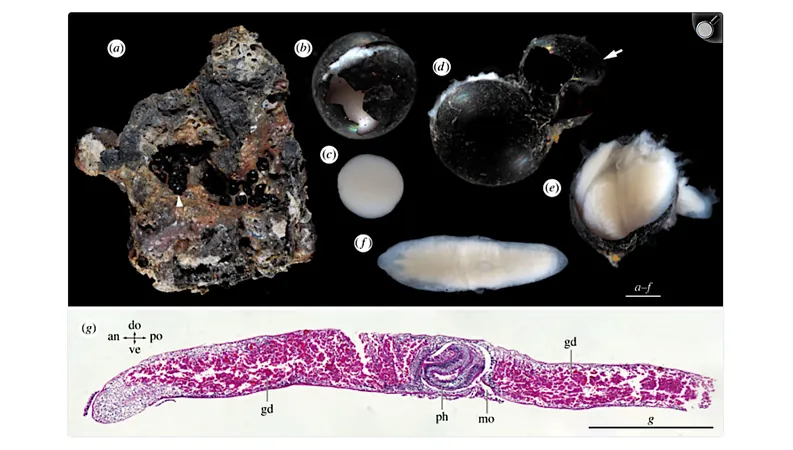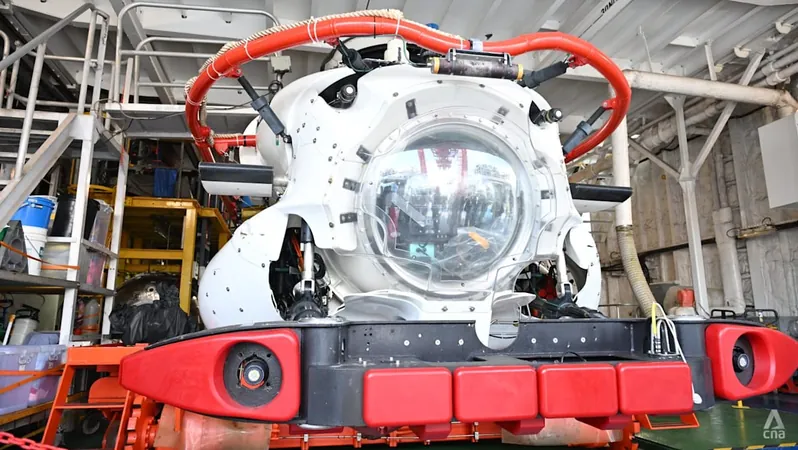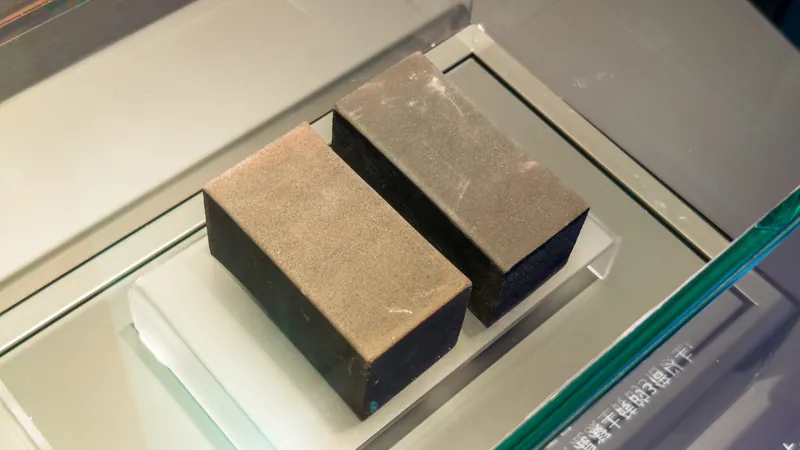
Neanderthal Skull Traits May Be Causing Modern Brain Issues: A Shocking Discovery!
2025-07-07
Author: Nur
Are our ancient relatives to blame for modern headaches? New groundbreaking research suggests that lingering Neanderthal skull traits could be causing serious brain issues in today's humans!
A Closer Look at Chiari Malformation Type 1
Researchers are zeroing in on a condition called Chiari malformation type 1, where the cerebellum literally droops through a skull opening known as the foramen magnum. This discovery sheds light on a connection that could change how we understand neurological health.
The Neanderthal Connection
Led by Kimberly Plomp from the University of the Philippines Diliman and neurosurgeon Yvens Barbosa Fernandes from Brazil, the team examined whether the unique shape of Neanderthal skulls is related to Chiari malformation. Their findings reveal a startling resemblance!
Skull Shapes Under the Microscope
Using digital 3-D models from CT scans of affected and unaffected patients, the study compared 46 Chiari skulls with 57 normal examples, and found striking similarities with Neanderthal skulls. Those with Chiari had flatter occipital bones, leading to less space for the modern brain.
"It’s clear that the traits we share with Neanderthals are impacting us negatively today,” stated Plomp.
Ancient Genes, Modern Pain
Headaches, neck pain, and even tingling sensations are common symptoms of Chiari. Surprisingly, the pain often escalates during simple actions such as coughing or laughing. This ancient skull structure is squeezing modern brains, causing issues in everyday life.
A Genetic Legacy That Matters
Everyone carries about 1 to 2 percent Neanderthal DNA, but understanding how it affects modern health is crucial. The researchers are now diving deeper into genome scans to identify specific genes inherited from Neanderthals that may influence skull shape and brain health.
Potential for Early Diagnosis
Early detection of risk factors could lead to much-needed interventions, especially in families prone to Chiari. The implications are enormous—surgeons could eventually identify high-risk individuals before symptoms manifest, making treatment far more effective.
From Ice Age Adaptations to Modern Woes
The Neanderthal skull, evolved for survival in harsh conditions, now poses problems for a world that requires different physical capacities. What was once an advantage has turned into a health risk, especially for those hunched over computers all day.
A Call for Further Research
With plans to map their CT findings against extensive genetic data, the research team hopes to uncover critical insights. These could even lead to new public health policies tailored to regional needs.
As evolutionary remnants reveal their impact on our lives, one thing is clear: understanding how Neanderthal genes influence our health may be the key to mitigating modern brain issues. Stay tuned for updates on this intriguing link!




 Brasil (PT)
Brasil (PT)
 Canada (EN)
Canada (EN)
 Chile (ES)
Chile (ES)
 Česko (CS)
Česko (CS)
 대한민국 (KO)
대한민국 (KO)
 España (ES)
España (ES)
 France (FR)
France (FR)
 Hong Kong (EN)
Hong Kong (EN)
 Italia (IT)
Italia (IT)
 日本 (JA)
日本 (JA)
 Magyarország (HU)
Magyarország (HU)
 Norge (NO)
Norge (NO)
 Polska (PL)
Polska (PL)
 Schweiz (DE)
Schweiz (DE)
 Singapore (EN)
Singapore (EN)
 Sverige (SV)
Sverige (SV)
 Suomi (FI)
Suomi (FI)
 Türkiye (TR)
Türkiye (TR)
 الإمارات العربية المتحدة (AR)
الإمارات العربية المتحدة (AR)